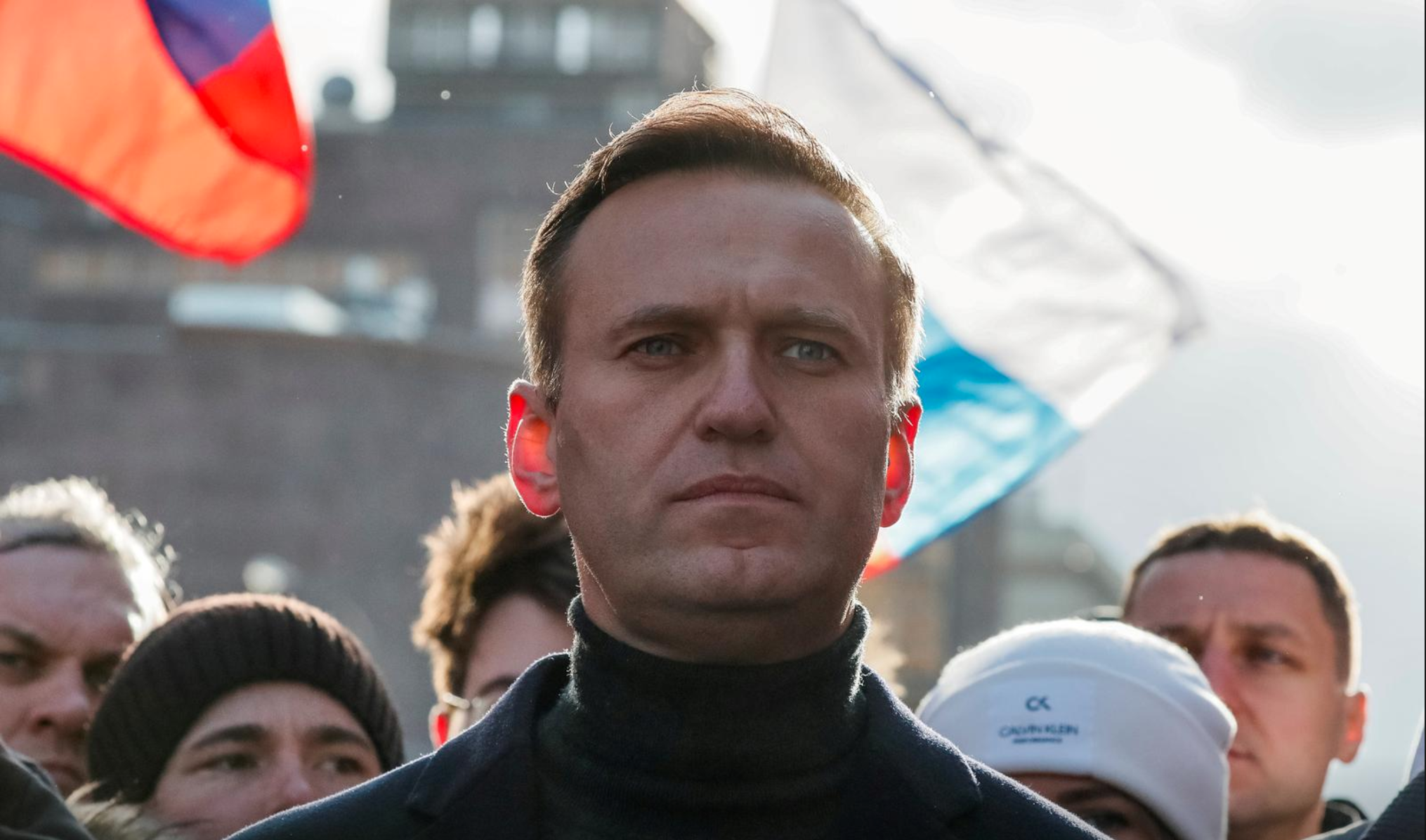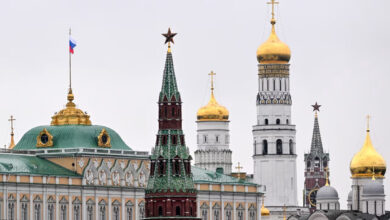
MOSCOW (Reuters) – The nerve agent used to poison Russian opposition leader Alexei Navalny was detected on an empty water bottle from his hotel room in the Siberian city of Tomsk, suggesting he was poisoned there and not at the airport as first thought, his team said on Thursday.
Navalny fell violently ill on a flight in Russia last month and was airlifted to Berlin for treatment. Laboratories in Germany, France and Sweden have established he was poisoned by a Novichok nerve agent, a poison developed by the Soviet military, though Russia denies this and says it has seen no evidence.
A video posted on Navalny’s Instagram account showed members of his team searching the room he had just left in the Xander Hotel in Tomsk on August 20, an hour after they learned he had fallen sick in suspicious circumstances.
“It was decided to gather up everything that could even hypothetically be useful and hand it to the doctors in Germany. The fact that the case would not be investigated in Russia was quite obvious,” the post said.
The video of the abandoned hotel room shows two water bottles on a desk, and another on a bedside table. Navalny’s team, wearing protective gloves, are seen placing items into blue plastic bags.
“Two weeks later, a German laboratory found traces of Novichok precisely on the bottle of water from the Tomsk hotel room,” the post said.
“And then more laboratories that took analyses from Alexei confirmed that that was what poisoned Navalny. Now we understand: it was done before he left his hotel room to go to the airport.”
Previously, Navalny’s aides had said they suspected he had been poisoned with a cup of tea he drank at Tomsk airport.
Vladimir Milov, a former deputy energy minister and an ally of Navalny, said his team had outmanoeuvred the FSB security police with their quick thinking: “They took the evidence from under their noses and shipped it out of the country.”




